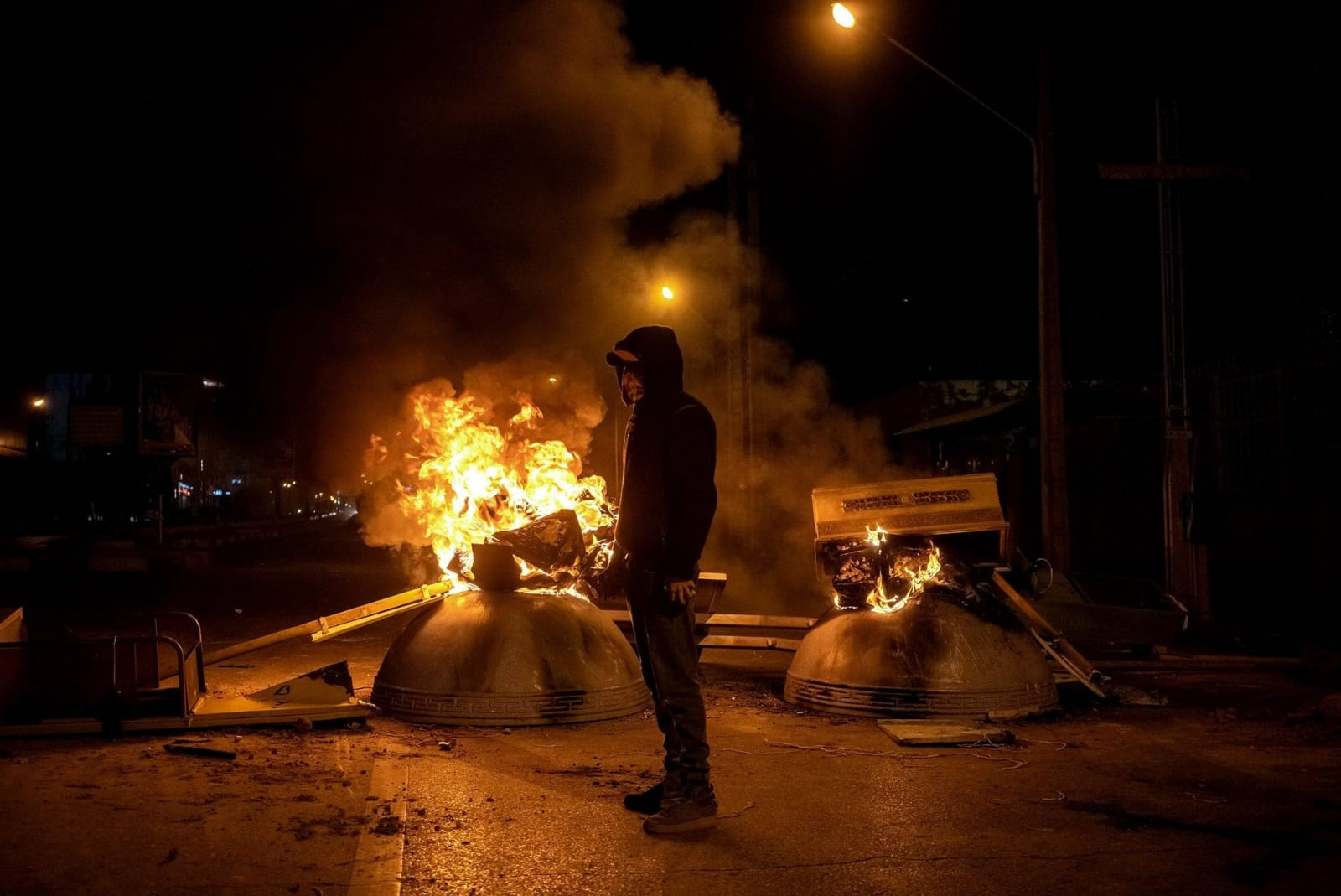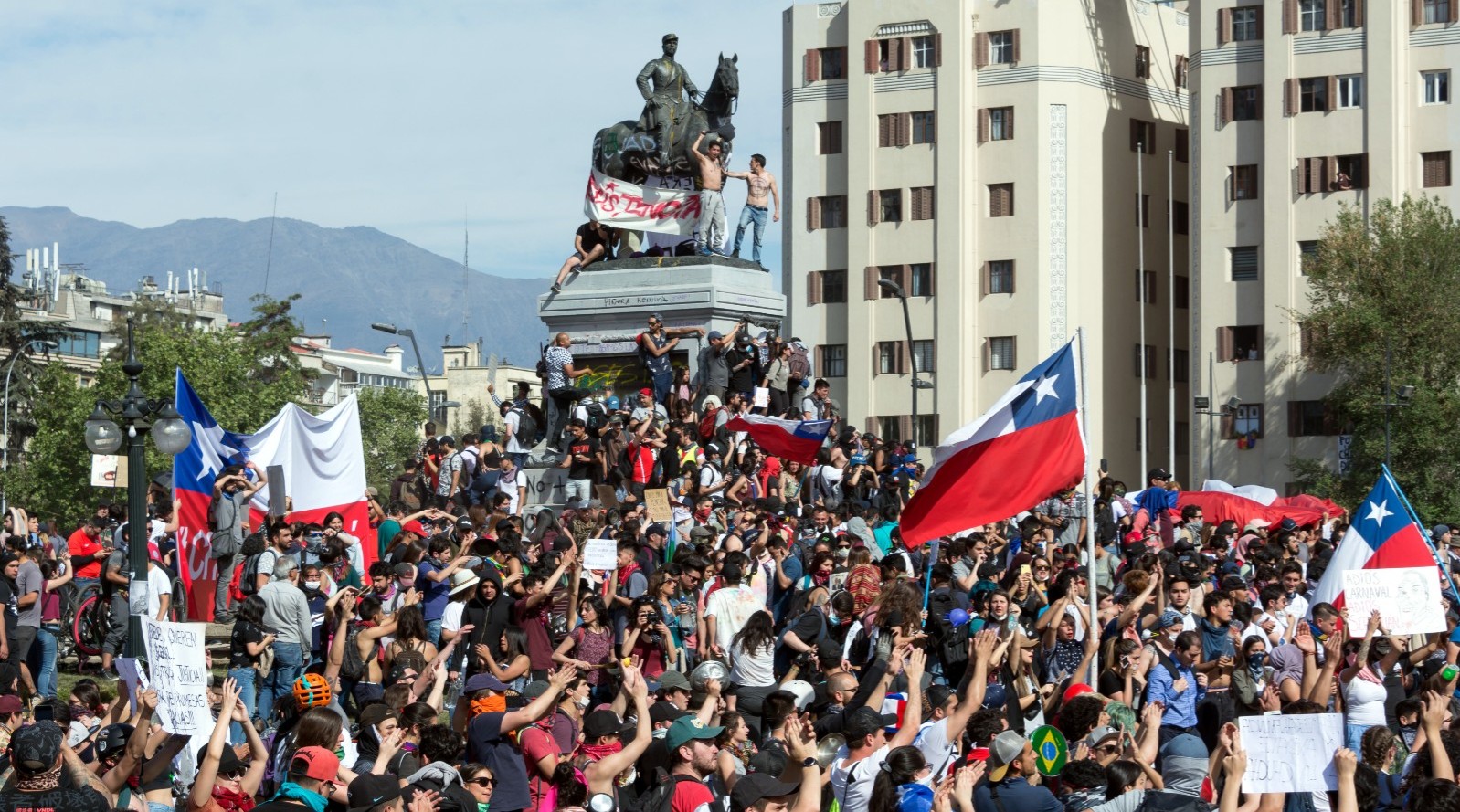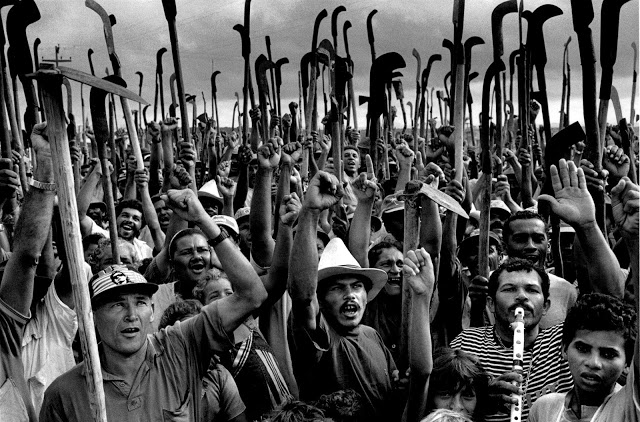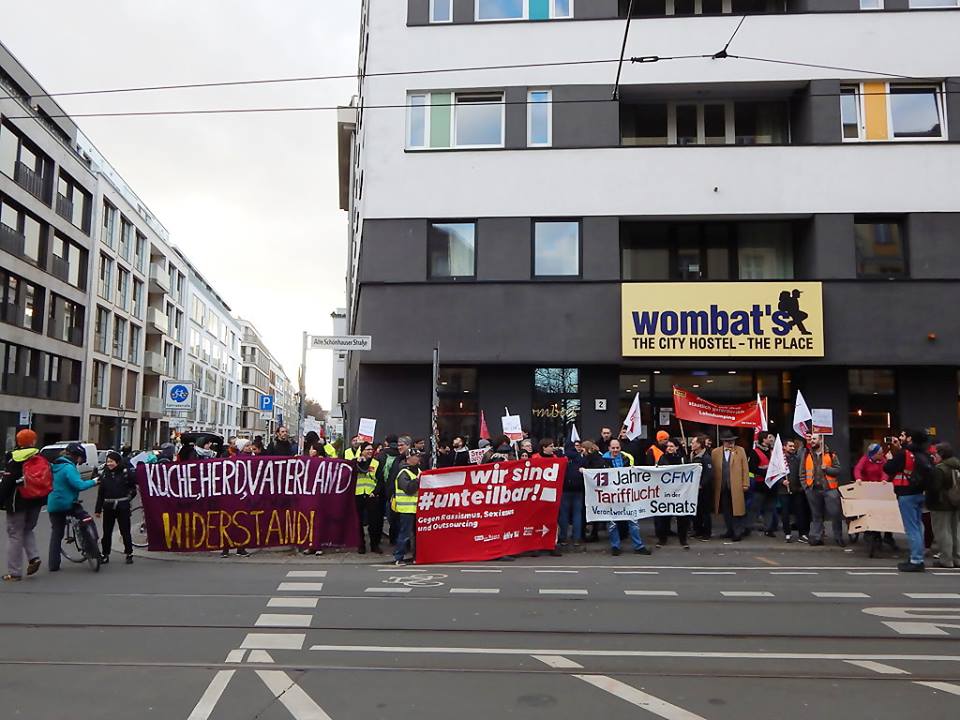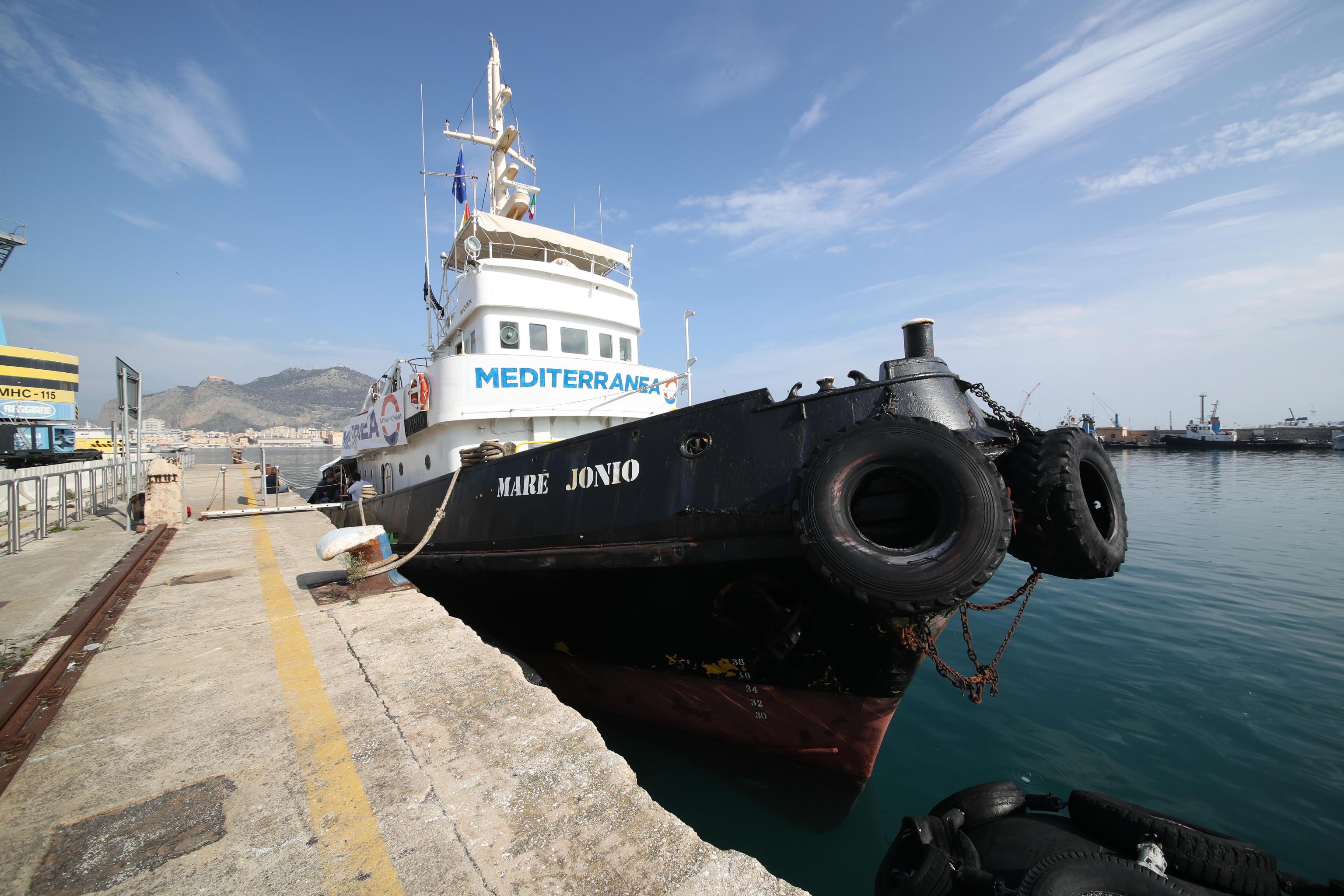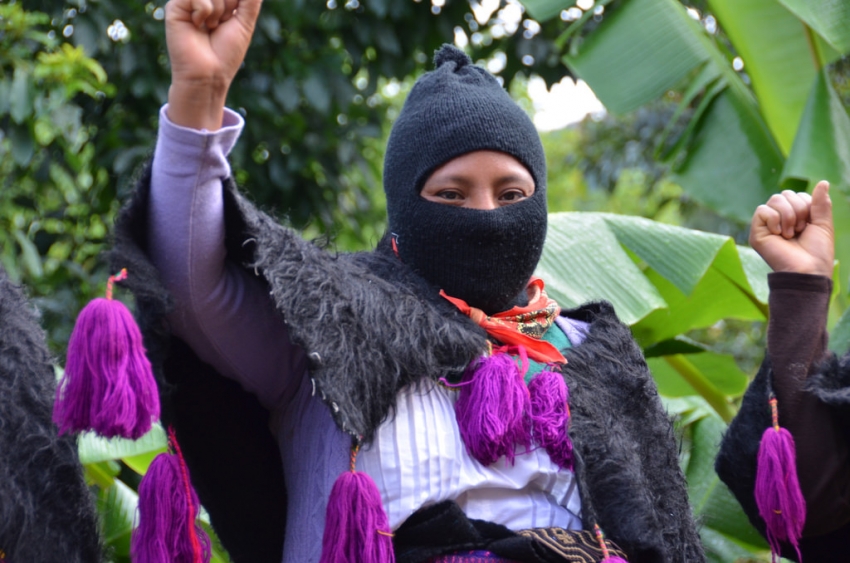On the 14th of November there was a coordinated strike against austerity across many European countries including Spain, Portugal, Greece, France, Italy and Belgium. As expected, the coverage of the strike in the UK media was limited, to say the least. In response we present written this personal account from Rhiannon Colvin, a veteran of the UK student movement who was an active participant in the strike as it unfolded in Barcelona.
Having participated in UK strikes the first difference I noticed in Barcelona is that a 24hour general strike is just what it says it is. Strike related activity goes on for the whole 24 hours and the aim is to stop all work and all sales; it’s certainly not just something for public sector workers. I happened to be staying with a group of students from one of the universities in Barcelona, so it is important to highlight the activities and questions I engaged with come from that specific perspective. Yet given this limitation I can still give some flavour of the strike overall.
“In Spain, as in Greece, after the history of dictatorship, universities are considered safe havens from the police.”
Even before the official strike began, the students had occupied the university. This seemed surprisingly easy. The university officials and security cooperated, and within a few minutes the students has taken over the space and controlled who entered the building. In Spain, as in Greece, after the history of dictatorship, universities are considered safe havens from the police. This allows students to carry out activities in the city knowing they have a safe space to return. True to life the students engaged in many different actions throughout the night. But first an assembly was called, to discuss and plan actions for the next 24 hours. This assembly was incredibly relaxed and straight forward in comparison to most assemblies I have experienced. Of course there were still voices that spoke more than others, but it was a given that this assembly was ran by consensus without hierarchy or leaders, and secondly that there was no unnecessary forcing of consensus and agreement on issues that did not need to be agreed by all. People presented the different actions happening all throughout the night, there was a contact person, and if you wanted to join in you could go and do it, if not that was your decision. This allowed people to engage in the type of action they wanted and facilitated multiple decentralised actions occurring throughout the night.
On the strike of midnight, many joined one of the pickets in a particularly radical neighbourhood. This involved blocking the roads, and encouraging businesses still open to close and participate in the general strike, as now it was past midnight and the strike had begun! Another group went out into the city to take action against the banks; graffiti, smashing cash points, and lighting fires were the main methods of sabotage. As dawn drew near, bins were set on fire and thrown in front of the metro entrances nearby, which I was assured, were closed and with no people inside. Following this action the police, who had been observing in an unmarked car, chased the students right up to the entrance of the university building. They could not pass that point but they remained outside for the next four hours blocking any further action during the night. Another larger university nearby had been surrounded by police vans the whole evening to prevent them from carrying out any activity.
“there was a feeling that today the city is ours”
As 6am arrived we prepared to sneak out of the side entrance and join the pickets of another very active neighbourhood. As we sped through the streets to join the picket, there was excitement and energy running through everyone’s veins, there was a feeling that today the city is ours, and guess what we are going to do whatever the fuck we want! As the students ran they sang and chanted, every road we went down the bins were pulled into the middle of the streets to block access, every bank was smashed and graffitied.
Then came the morning neighbourhood picket. The organisation and strength of the activists in the neighbourhood was clear from the start, these people were dedicated, experienced and had grown exponentially in size and influence since 15M movement last year. One mark of this was that most of the shops were closed! From big to small, they knew it would not be a good idea to stay open on the day of the general strike. Those that were faced the consequences, ranging from shouted objections and the expropriation of goods to smoke bombs and graffiti. Many of the students and I questioned the level of violence within these activities. On the one hand I respected the decision of the neighbourhood, as I am fully aware they have a deeper knowledge of the local context and what is needed for a strike to be successful, perhaps it is not always possible to persuade everybody through calm logical argument, and this fear and aggression was effective in the sense it did make the shop owners close, and probably decide not to scab and go against a general strike next time. On the other hand, I thought it was approached without a basic level of respect that all people deserve and there could have been an attempt to at least begin with a positive and constructive dialogue, before moving on to more threatening acts. The aim should always be to unite not divide people, and I believe true lasting change will only come from a place of solidarity and support, not fear and resentment, this is what makes people vote for the right wing parties that repress movements and enable businesses to stay open.
However this whole discussion raises interesting questions about the possibility and limits of peaceful persuasion in society where the logic of capitalism is so advanced and ingrained in the minds of us all.
After the pickets there was a large rally in a central square of the neighbourhood, with fireworks, a very moving speech and people of all ages: from children to the elderly, parents to the youth. This was a very empowering and wonderful moment. You could feel how this form of activism within the neighbourhoods had grown so strong in Barcelona and across Spain. Following the rally we began to move towards the centre of the city, again people blocking the roads and defacing the banks as we went.
“Striking Taxi drivers came whizzing past, with their families in tow, beeping their horns.”
Gradually we joined with pickets and demonstrations from many other neighbourhoods and began streaming into the centre. A funny moment occurred when we passed a large German bank that had boarded up its windows in anticipation of their destruction, someone commented on the irony of this, as they were the only bank that could afford to do so, all the Spanish ones had been destroyed by midday! Coming down the Gran Via one of the central commercial zones of Barcelona, I experienced another moment of joy and empowerment, I could not believe it all of the shops were closed, H&M, Zara, McDonalds, Tiffany’s etc. and there wasn’t a car on the road. No one was selling; no one was buying, wow what an amazing sight! We sang and danced down the road, my mind became filled with all the things that are possible in a city if only we stopped with the vacuous bullshit consuming. We walked past a rally of public workers, a gathering of “Iaioflautas” an incredible group of elderly activists that remember the decades of fascism and were there to support the struggle of this generation. Striking Taxi drivers came whizzing past, with their families in tow, beeping their horns. Everywhere you turned there was a different group, a different demonstration and it was wonderfully overwhelming.
At this point we took a few hours rest in the quiet of the university. Many of us had not eaten or slept the night before and needed to recharge. We cheered as people reported the news of other activities across the city, lorry drivers had blocked distribution warehouses with blockades of burning tires, workers had occupied a runway at the airport and stopped planes from leaving, factories across the city were closed.
“In a matter of minutes the streets had become a small warzone, smoke everywhere, alarms going off left, right and centre, sirens blaring, police cars blazing.”
At 5pm it was time to get back on our feet as two large demonstrations were starting. One was organised by the more traditional trade unions, another contained more radical anarchist unions, people from neighbourhood assemblies, 15M, the black bloc. The familiar chant of “A, Anti, Anticapitalistas” began to fill the air, and soon we were thousands moving through the streets. The march was calm and fairly uneventful for several hours, firecrackers went off every now and then, but things remained placid and the police stayed well back. Then at a certain point I looked to the left down a hill and saw thousands on the street against police lines, it was very hard to see what was happening but a group of us decided to go down and check it out. It was clear from the second we got down there, that the atmosphere here was very different and things were about to get violent. Protesters were actively provoking the police, expressing their anger at those who are protecting a state that is cutting all the necessities they need to live. I decided I did not want to be in this space, that for me at that moment this was a step too far. I don’t mind pushing past police lines when it is for a desired aim such as taking over a government building, or occupying a bank. However I did not want to engage in clashes with the police just for the sake of it, and I felt that the aim of the strike and shutting the city of Barcelona had been successfully achieved. However by the time I decided to take myself out of the situation it was already too late. The police were responding and rubber bullets were flying everywhere. I had lost everyone I was with, and the only option was to run. In a matter of minutes the streets had become a small warzone, smoke everywhere, alarms going off left, right and centre, sirens blaring, police cars blazing. Eventually I managed to get out onto a main street and breathe for a few seconds. I have to admit I felt very scared, I didn’t know the city, I had lost all the people I knew, the Spanish police are renowned for their brutality and the conflict was quickly expanding across the city. Eventually I rang a friend and together we found shelter in another friends flat until it all subsided a few hours later.
Around 10pm the fighting and the strike was over. I met up again with the friends I had been with when the violence had broken out. One girl had been hit by a rubber bullet, but not too badly injured, everyone else was safe and sound. They had decided to stay and fight the police. I asked them why, and an interesting conversation ensued. “I had similar initial doubts to you” one friend said, “but then I thought about what the police represent as the oppressive arm of the state, and also about the future that is to come. This repression is not going to go away, as we resist the injustice of capitalism and try to challenge the system it is only going to continue, and to get worse. This is practice; we have to learn how to face the police on the streets. Look at Greece, now they are learning the tricks and tactics of the police, how to resist, retaliate and gain some victories.” I wanted to resist this opinion, to fight for and believe that it is possible to win this struggle without such violence, that we should focus our energy on creating alternatives, on creating a non-violent cultural shift towards a better world. However the very real context of Spain at the moment, as well as the not so distant experience of the Spanish civil war, of trying to live autonomously and fight the fascists in Barcelona, and of eventually losing and facing years of dictatorship is hard to argue against. This really made me think and question; is a different kind of revolution really possible? One without violence and repression? Where we just focus our energy on creating the new, on transferring peoples capacity and ideas into non-capitalist production? Or will these alternatives eventually be suppressed if they become a threat to the state and capitalism? Will there really come a point when I have to decide whether to resist or submit?
Filled with adrenaline and exhaustion we headed back to the squat, singing chants from the strike as we went. I felt happy and amazed by the extent and magnitude of the strike, 1 million people had taken to the streets in Barcelona, the next day a union said 76% of the population had participated in the strike. For just one day I had experienced what it felt like to be in a city where I didn’t feel alienated and powerless, but where I felt connected to people and with our ability to create change. For me the strike was both a positive and frightening experience, one that left me with many questions, but also with the knowledge that we do have the capacity to stop and challenge the system and hopefully next time it will be for more than just one day.



